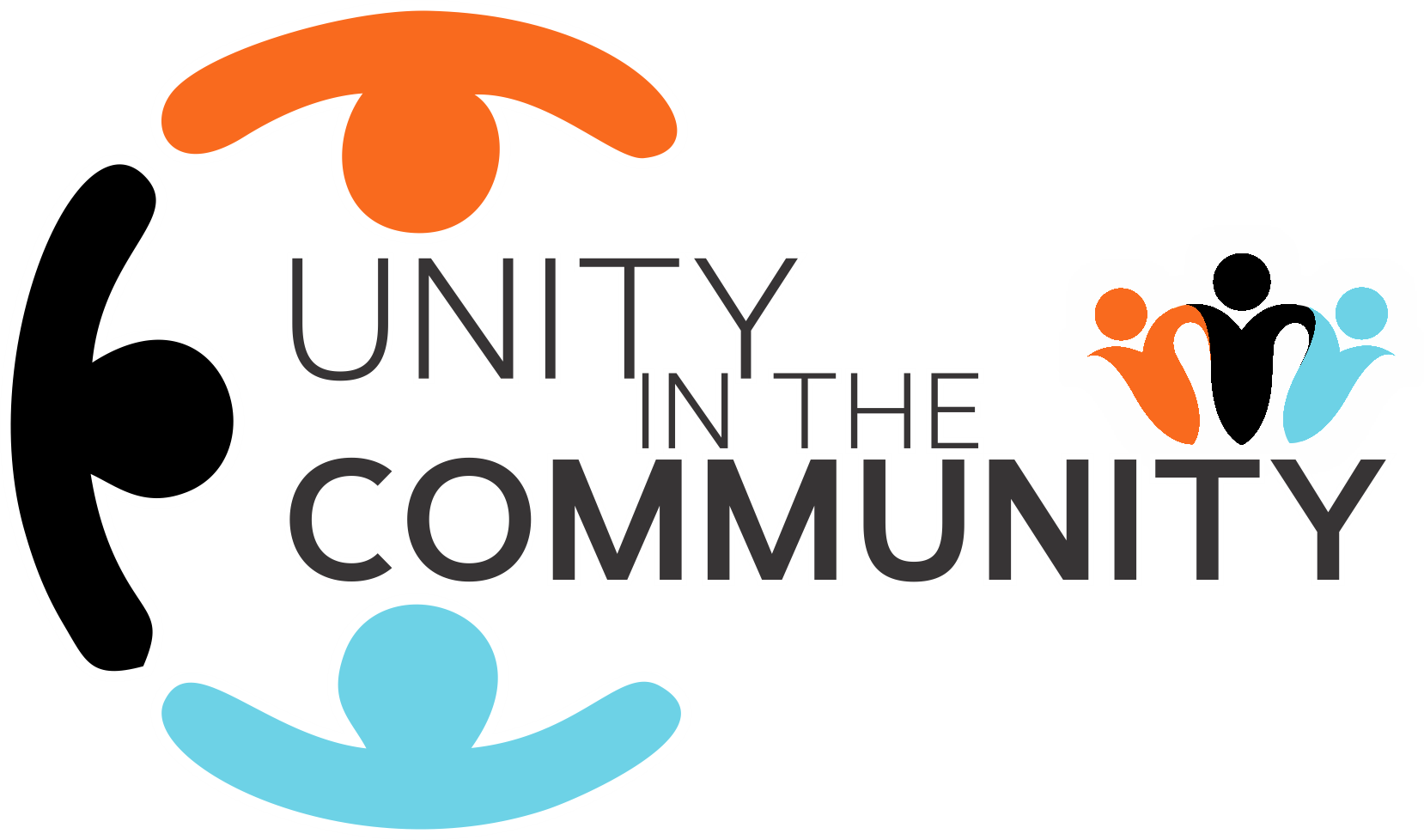What is Cultural Diversity?
The phrase ‘Cultural Diversity’ means a range of different societies or people of different origins, religions and traditions all living and interacting together. The United States has benefited, used, and at times abused diversity throughout its long history, yet it is currently one of the most culturally diverse countries in the world. The food we eat, the music we listen to, and the clothes we wear have all been influenced by different cultures coming into the US. Ethnic food, for example, is part of an average diet. One of the U.S.’s favorite dishes is Mexican & Asian food. U.S. people have enjoyed Mexican food for a long time – since the war with Mexico. Even the English language developed from the languages spoken by Anglo-Saxons, Scandinavian Vikings, and Norman French invaders. New words were added from the languages of other immigrants over the years. We could not be America without other cultures and we need to enforce this.
Valuing Our Cultural Diversity
In the U.S. today there is an estimated ‘ethnic minority’ population of just over 125 million. We live in a country with a rich cultural heritage, but the value in this diversity is sometimes not fully seen or accepted. Valuing our diverse culture is all about understanding and respecting the beliefs of others and their way of life, as we would expect someone to respect our own. It is about supporting individuals in keeping their cultural traditions alive and appreciating the fact that all these different traditions will enrich our life both today and in the future.
A Diverse History
Cultural diversity in the U.S. goes as far back as recorded history for example slavery. Only when we consider our history do we get a true picture of how diverse the United States really is. Each group of settlers and those that where indentured servants and slaves brought with them different foods, fashions, languages, beliefs and lifestyles. People from all over the world have contributed to the country we live in today and they continue to do so.
Note: Some groups historically did not or are not sensitive, (even today) to cultural diverse groups. Being more exclusion then inclusion, they may not appreciate the fact that all these different traditions will enrich the USA both today and in the future.

Recent Comments